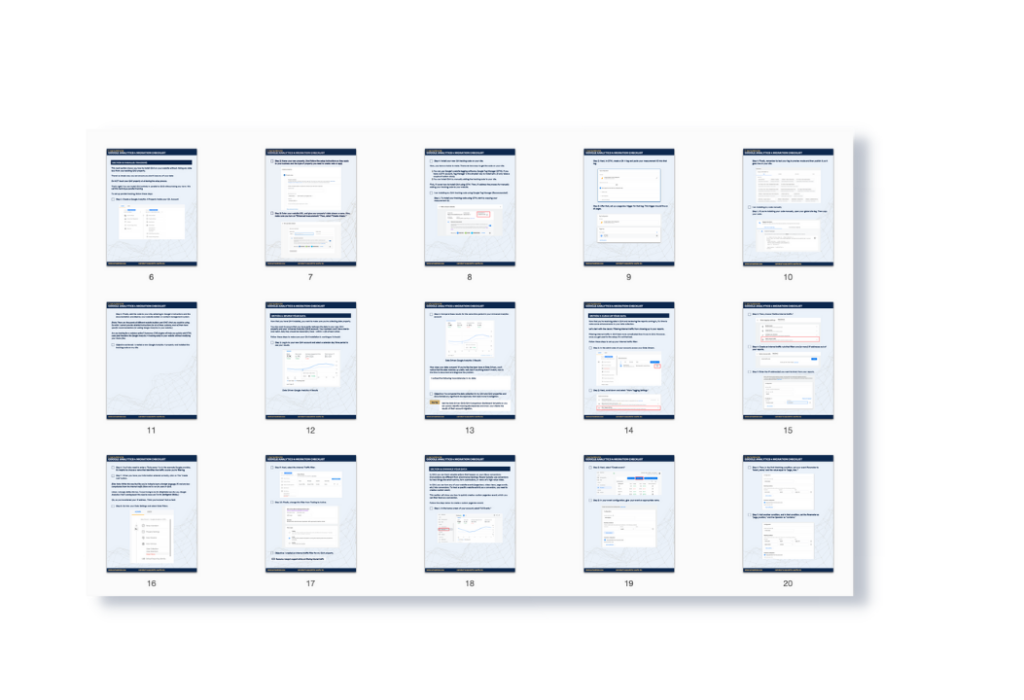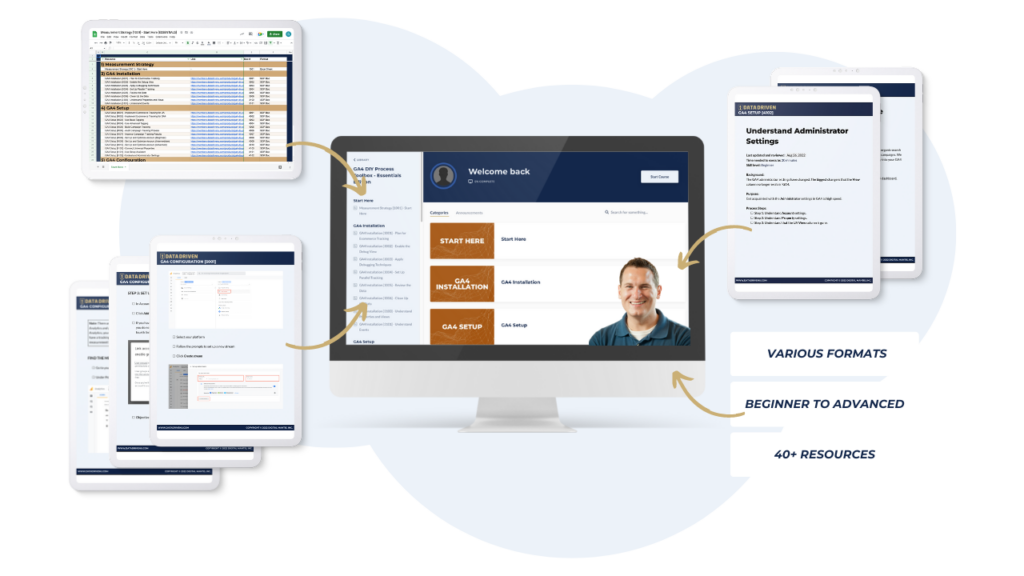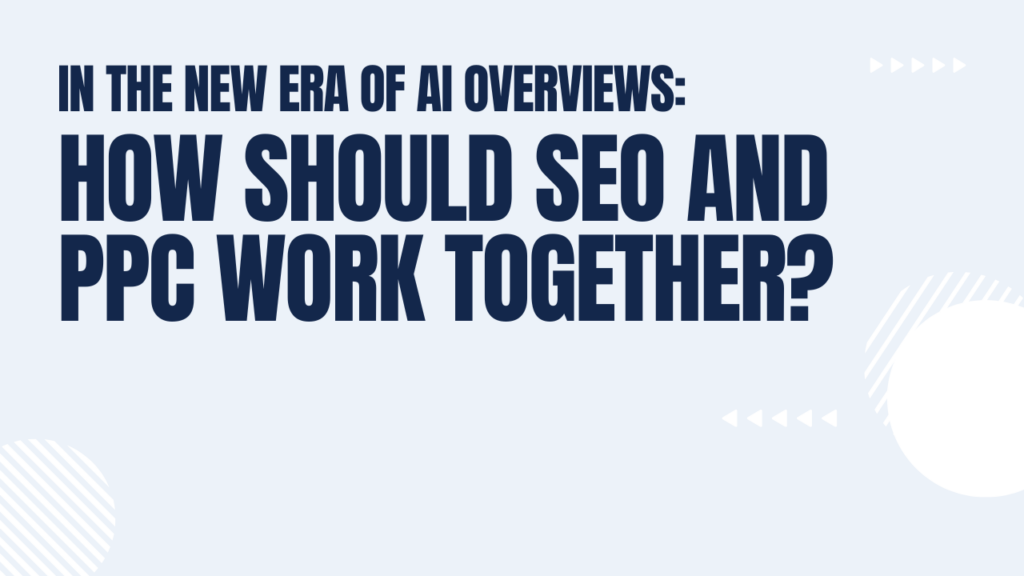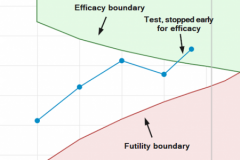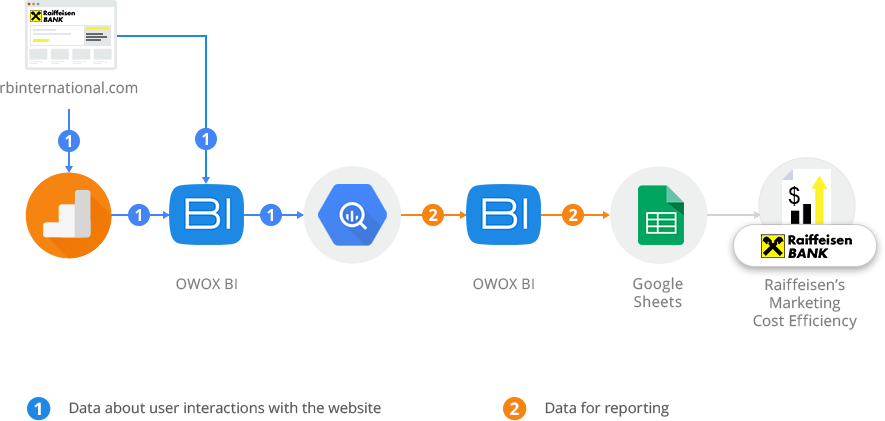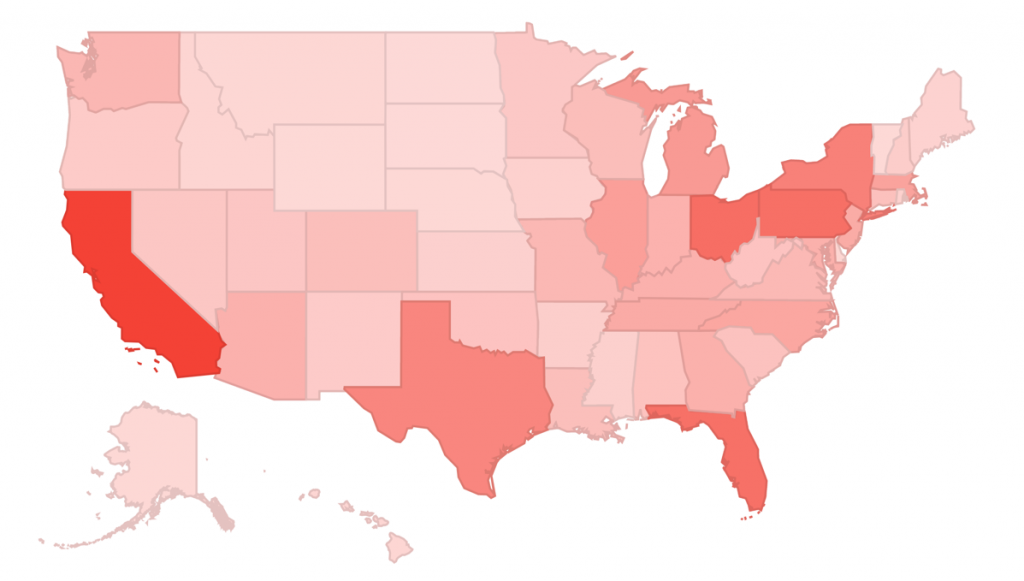Product recommendation engines are growing in popularity amongst small and medium-sized business owners who have become acquainted with the success of sites like Netflix and Amazon, which utilize this technique. If you’re not sure how and if a product recommendation engine can benefit your business, read on to understand better what it means and how it can be used.
Basic Components of Product Recommendation Engines
Although there are basic discrepancies amongst product recommendation engines in how they make recommendations, all of the systems have basic similarities:
- User registration – In order to avoid legal complications, these systems require users to voluntarily register for an account with your website.
- User permission – These systems must also obtain explicit permission for gathering user data and, if necessary, communicate with the user as well.
- Method for data acquisition – Most of the work of product recommendation engines is done behind the scenes. However, some systems may also be configured to directly interact with customers in order to obtain a more specific type of data.
Types of Functions of Product Recommendation Engines
Product recommendation engines can make the following types of recommendations:
1. Behavioral
This system takes note of every action a visitor to your site makes and the amount of time the visitor spends on each activity from the moment they reach your website to the time they leave. Moreover, the visitor also compiles data from every session or every instance the visitor stays at your website. These systems will then interpret and analyze the accumulated data and from there make recommendations based on the user’s behavior.
2. Social
This is possibly only if your eCommerce recommender system has a social feature. When you enable your users to sign up and sign in with their Facebook username and password, this is taking place. Other product recommendation engines enable users to sign up with their Gmail or Yahoo accounts or even their Twitter accounts.
Recommendations made by your system will then be based on the products purchased by individuals belonging to the user’s network. This is extremely effective when you are targeting a demographic influenced by their peers.
3. Cart Abandonment
This particular function is quite different from the other types of recommendations these systems provide. Studies show that this type of interaction can increase your website’s conversion rate by almost 50% just as long as the nature of your correspondence is strategically effective of course.
The ROI Of Product Recommendation Engines
Product recommendation engines provide the following benefits in terms of increasing sales for your business. Once you have your product recommendation engine fully integrated into your site, look in having the following occur:
- Increase volume in orders – When you see an increase in the volume of your orders, you know the product recommendation engine is setting you up for success. If the purchase was made right after the recommendation, this is especially true.
- Customer Retention – This particular benefit can only be possible if the system you’ve selected is also able to accumulate and interpret data related to cart abandonment. If so, your system can employ any number of ways to re-establish contact with your visitors. Customer retention should be the primary or first objective of cart abandonment tools. Sales conversion should only be considered a secondary priority.
- High level of customization or personalization – Product recommendation engines can offer a personalized experience for every visitor or registered user of your website. This data, however, doesn’t need to be used for sales conversions directly. You can instead use it indirectly by using the data to improve your website’s overall services and ensure that they are suitable according to a user’s preferences. In return, the user will be placed in a better mood to purchase your products or services.
In summary, these benefits have the advantage of producing a bigger profit margin for your online business.
Ruben Corbo writes about various topics, including technology, online marketing, tracking and testing. He writes for different audiences and companies, including Maxymiser, a Product Recommendation Engine. When Ruben is not writing he is composing or producing music for short films and other visual arts.

